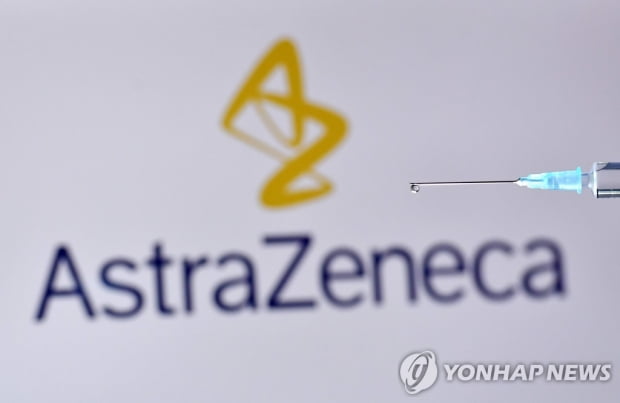Including the phrase’the EU and UK facilities should make best efforts for vaccine production’… Bilateral interpretation
–
On the 29th (local time), the European Union (EU) executive committee unveiled a contract with AstraZeneca, a multinational pharmaceutical company that is struggling with the issue of vaccine supply for the novel coronavirus infection (Corona 19).
According to Bloomberg and Reuters on the 29th, the agreement states that AstraZeneca should make best reasonable efforts to produce vaccines for supply to the EU at production sites in the EU and in the UK.
This is a key theme in the recent dispute between the two sides.
When AstraZeneca announced on the 22nd that the initial European supply would be reduced due to a disruption in production of the Corona 19 vaccine at its Belgian plant, the EU demanded that the UK-produced vaccine be returned to the EU, causing friction between the two sides.
Earlier, the EU signed a contract to purchase 400 million vaccine doses with AstraZeneca on behalf of the member states.
AstraZeneca said it plans to reduce its initial EU supply from 80 million to 31 million.
AstraZeneca said “Best effort”, not a contractual obligation, and insisting that there is no guarantee in the supply contract.
The EU Commission believes that the “I will try my best” clause is just a commercial phrase entered because a vaccine has not yet been developed.
The EU Commission also pointed out that AstraZeneca has signed a contract to produce vaccines not only within the EU, but also at two UK factories, and that AstraZeneca violated the contract and turned only the UK factory production to the UK.
Regarding this, Pascal Sorio AstraZeneca’s Chief Executive Officer (CEO) said in an interview with Develt and others, “The UK signed a supply contract three months before the EU, so there was time to start production earlier and solve the initial problems. Production in the EU is two months behind the original plan,” he said.
As the two sides’ arguments diverged, the EU wanted to disclose the contract, which was posted on the same day as AstraZeneca agreed.
Parts containing confidential information, such as bill details, were removed and disclosed.
However, the contract does not state whether AstraZeneca must send UK-produced vaccines to the EU, Reuters said.
In the midst of this, the Belgian health authorities, at the request of the EU Commission, inspected an AstraZeneca vaccine production plant in the country the day before, AFP said.
The European Medicines Agency (EMA) will announce the conditional approval of the COVID-19 vaccine jointly developed by the multinational pharmaceutical company AstraZeneca and the University of Oxford in the UK.
/yunhap news
–


